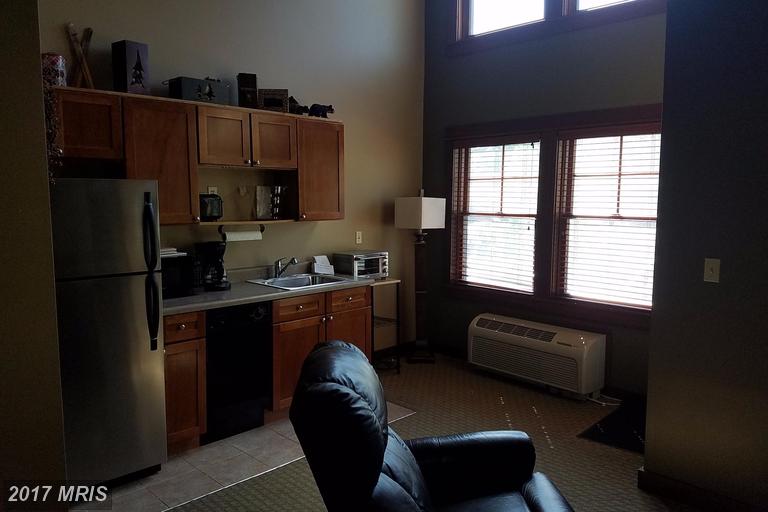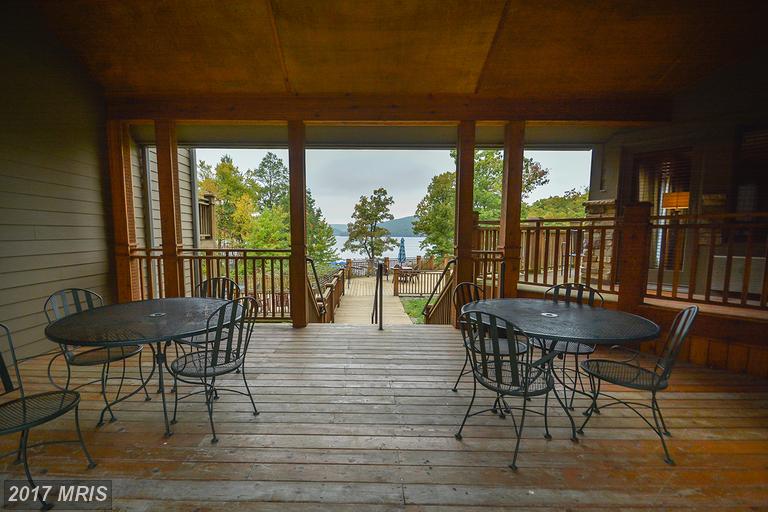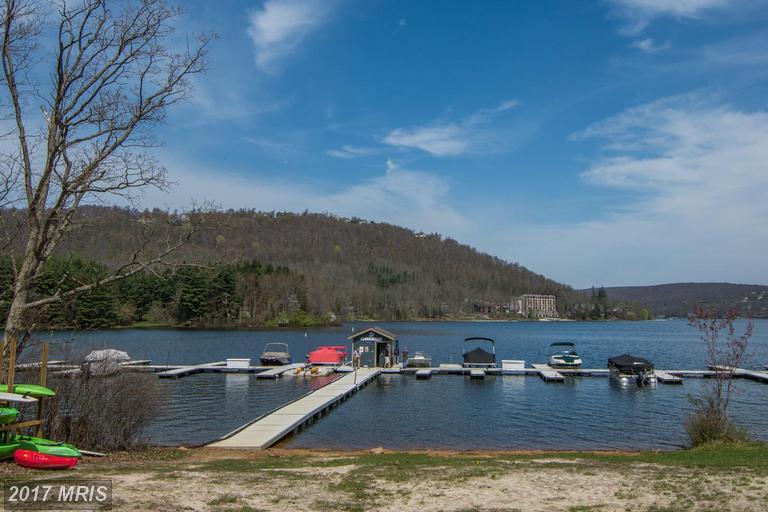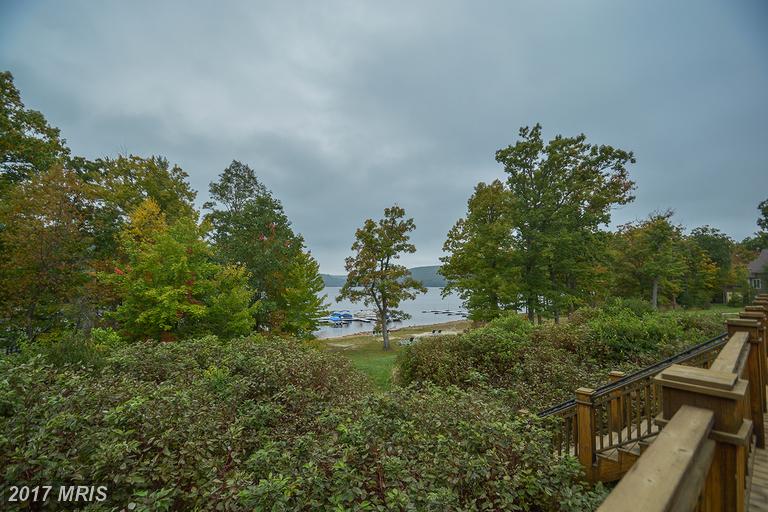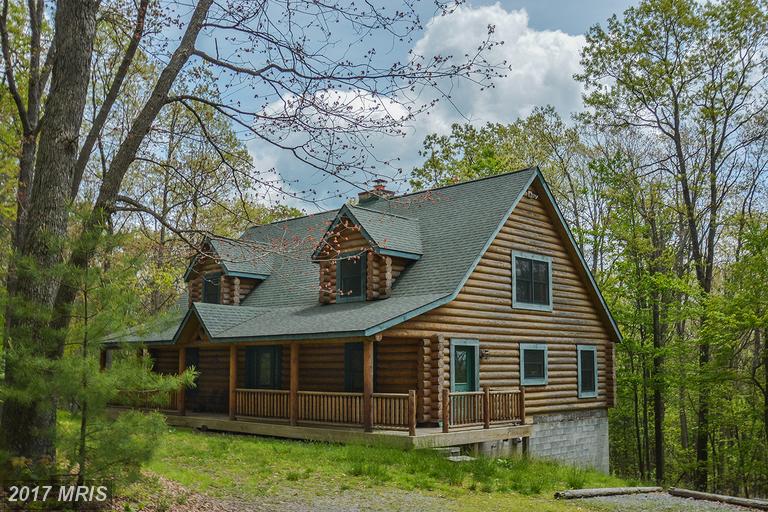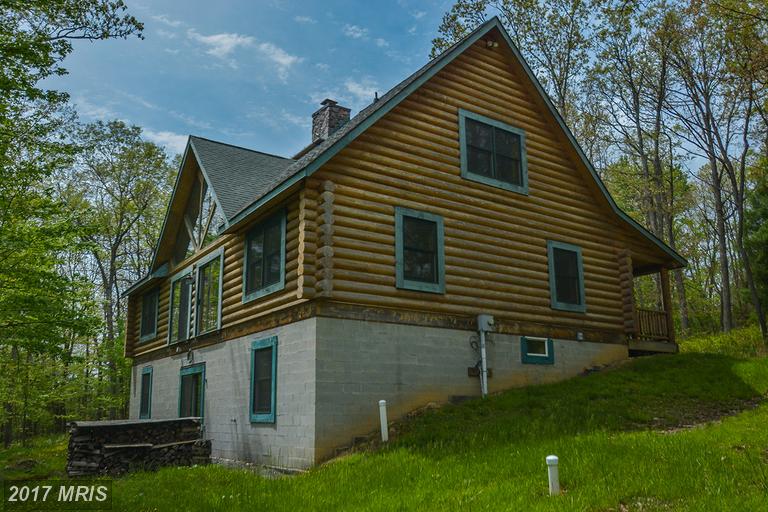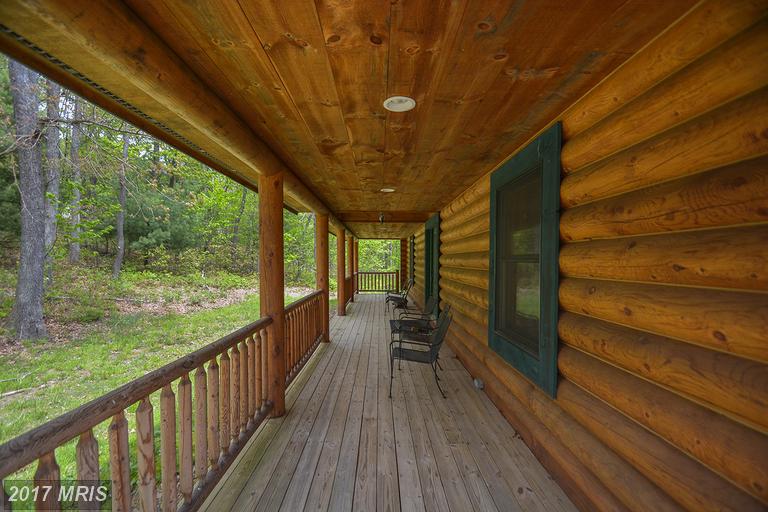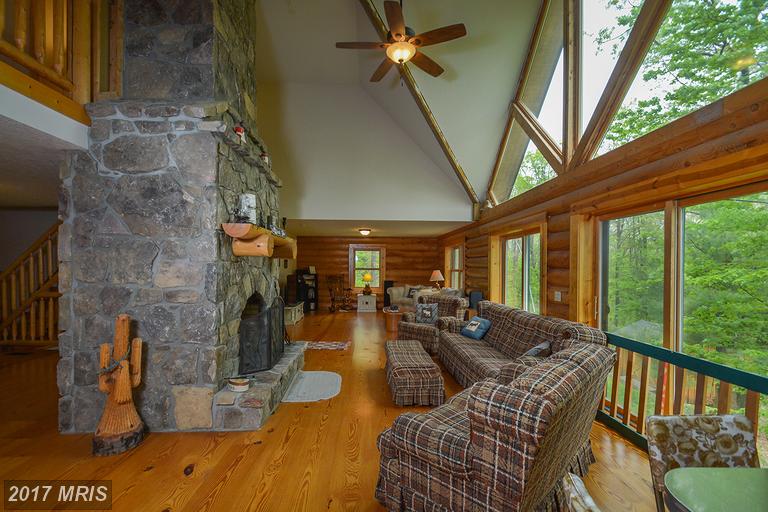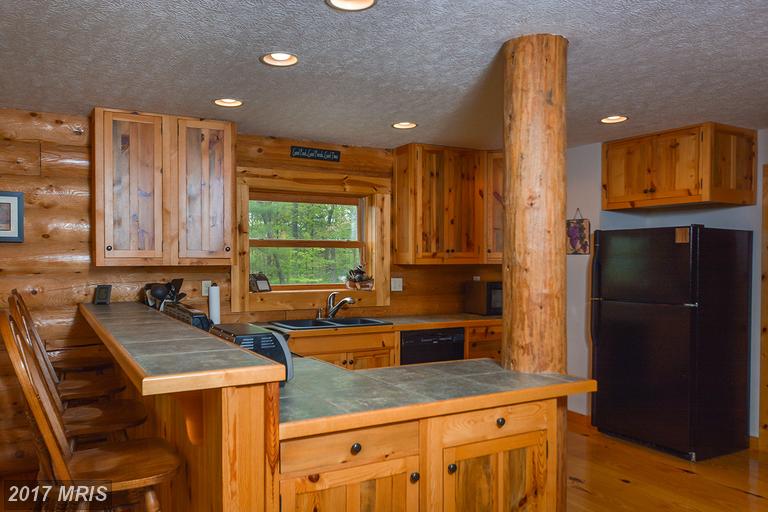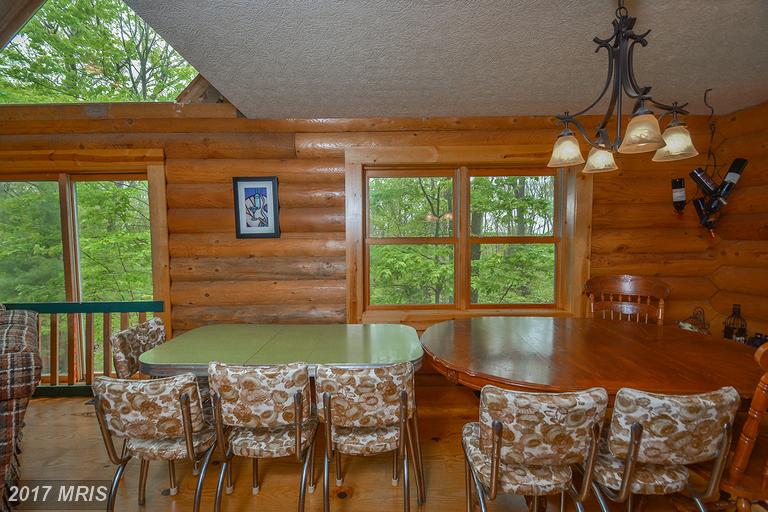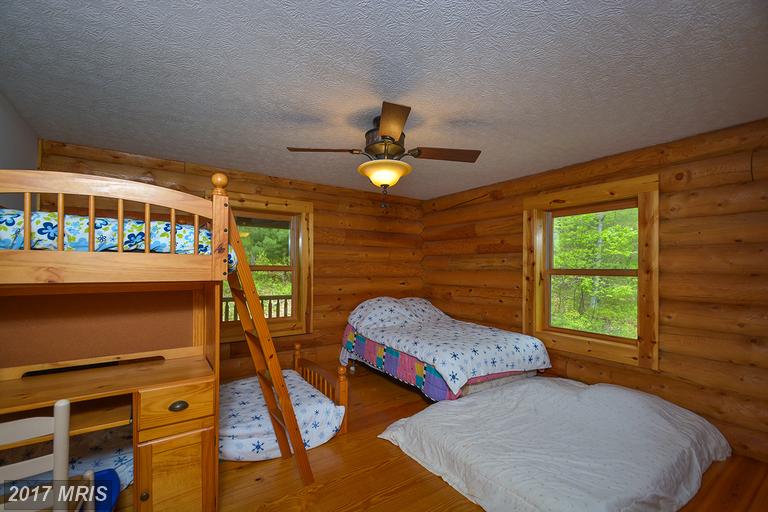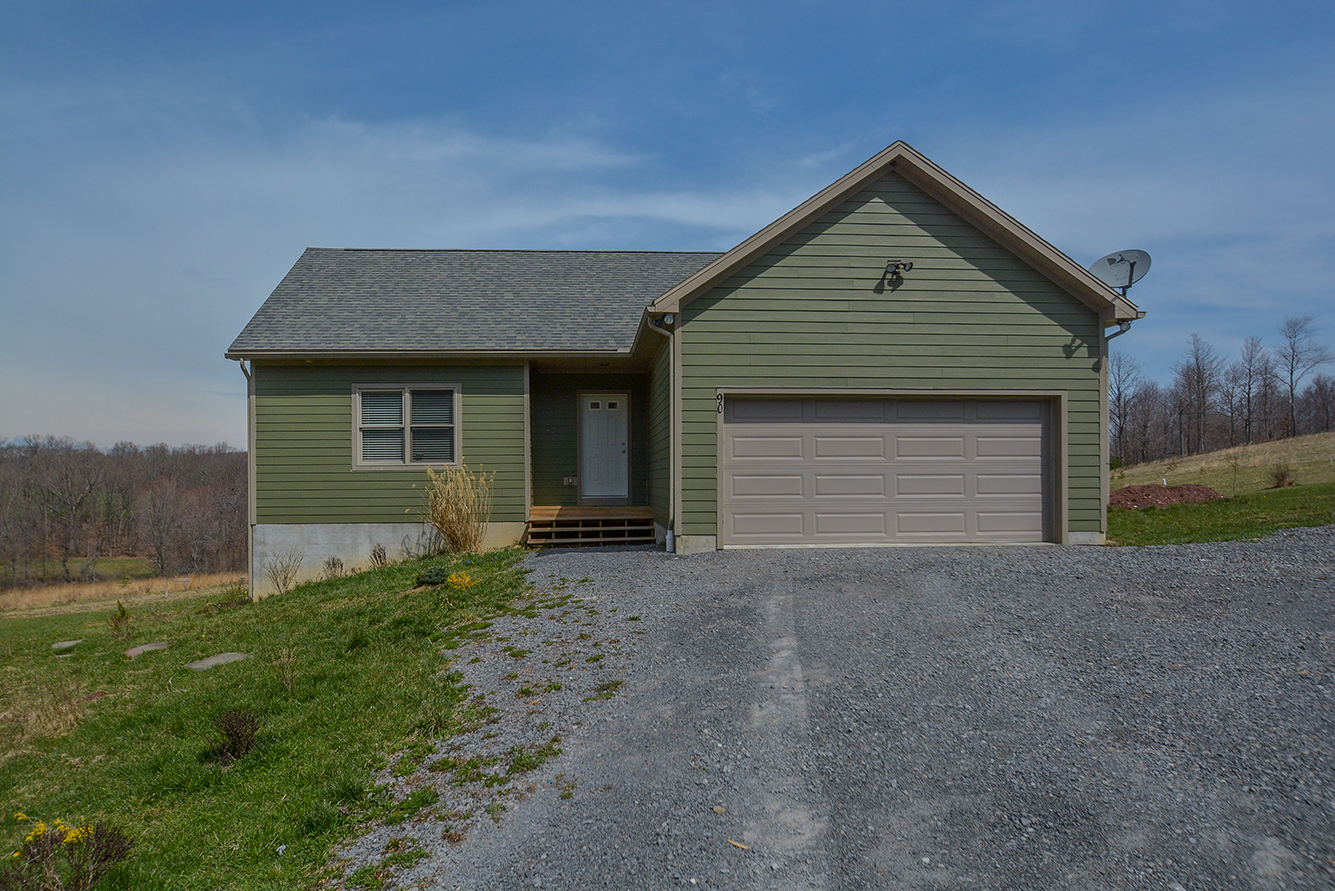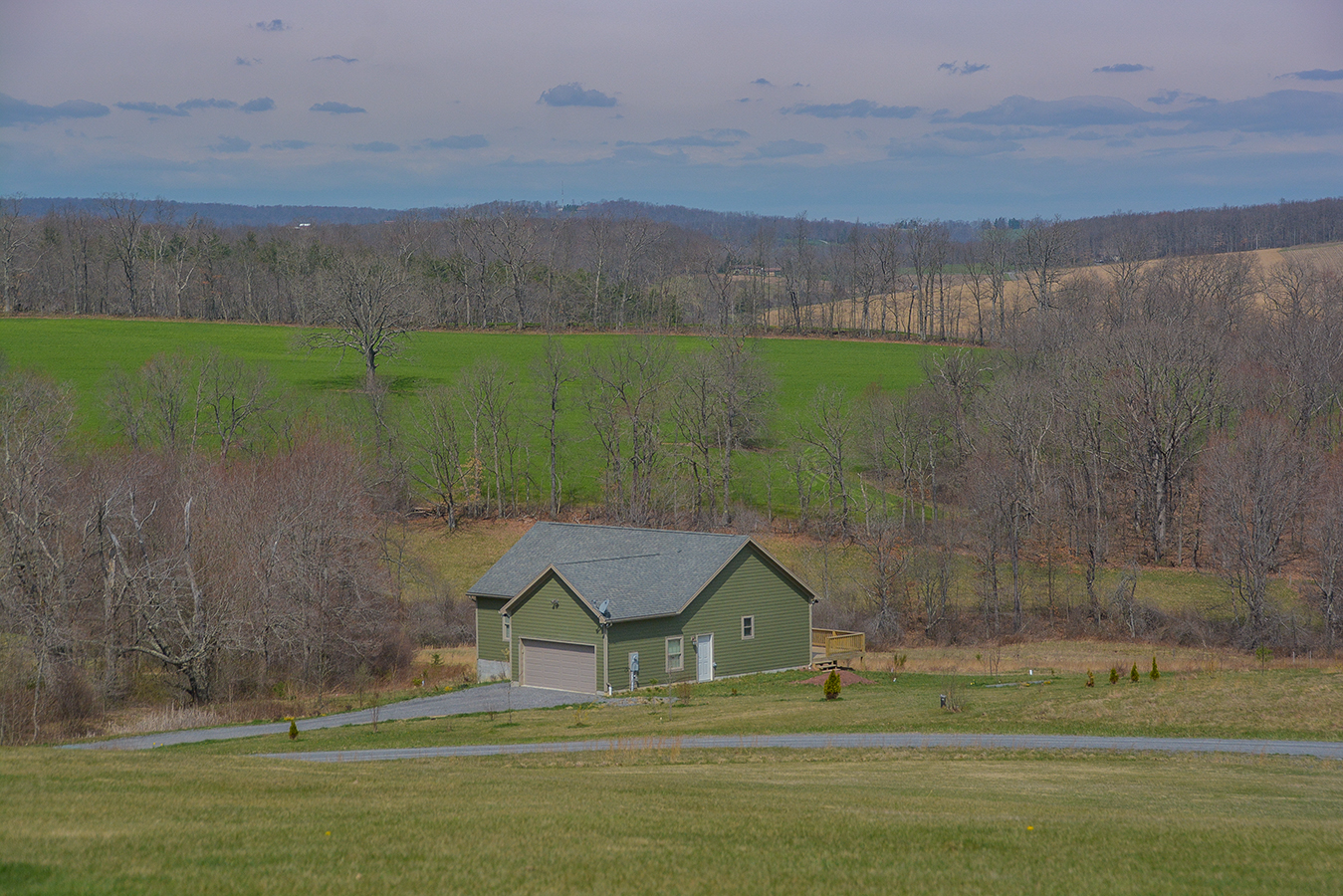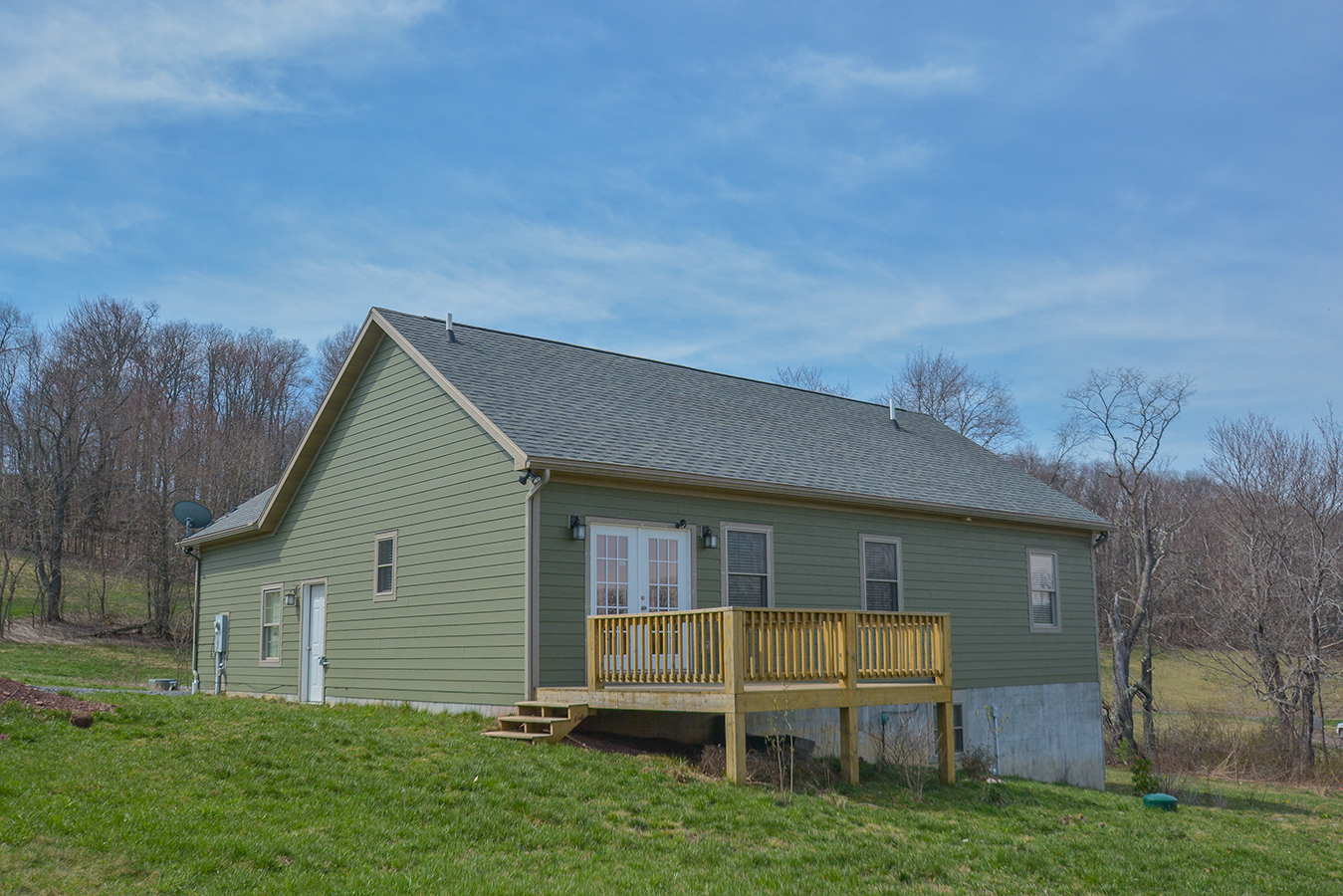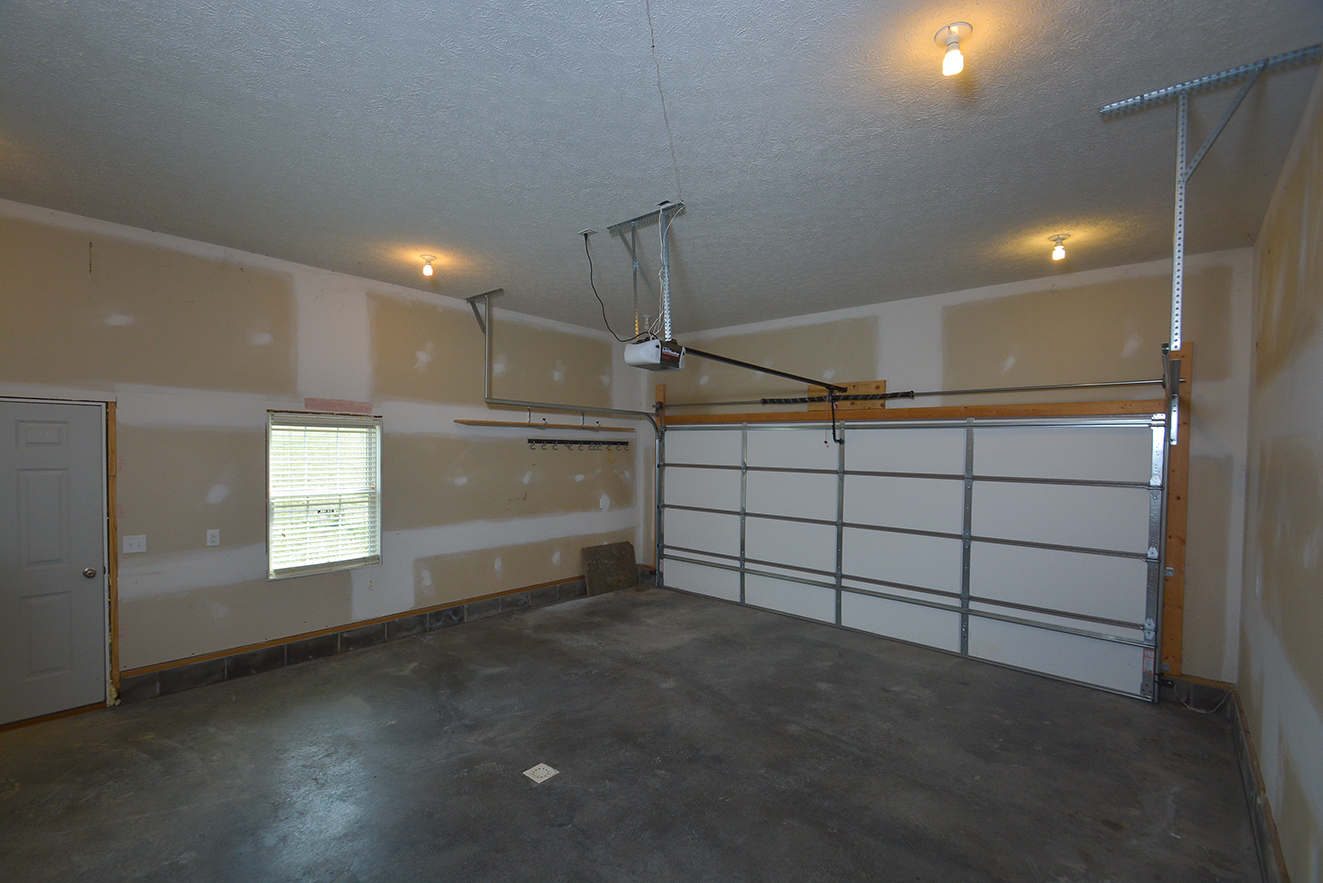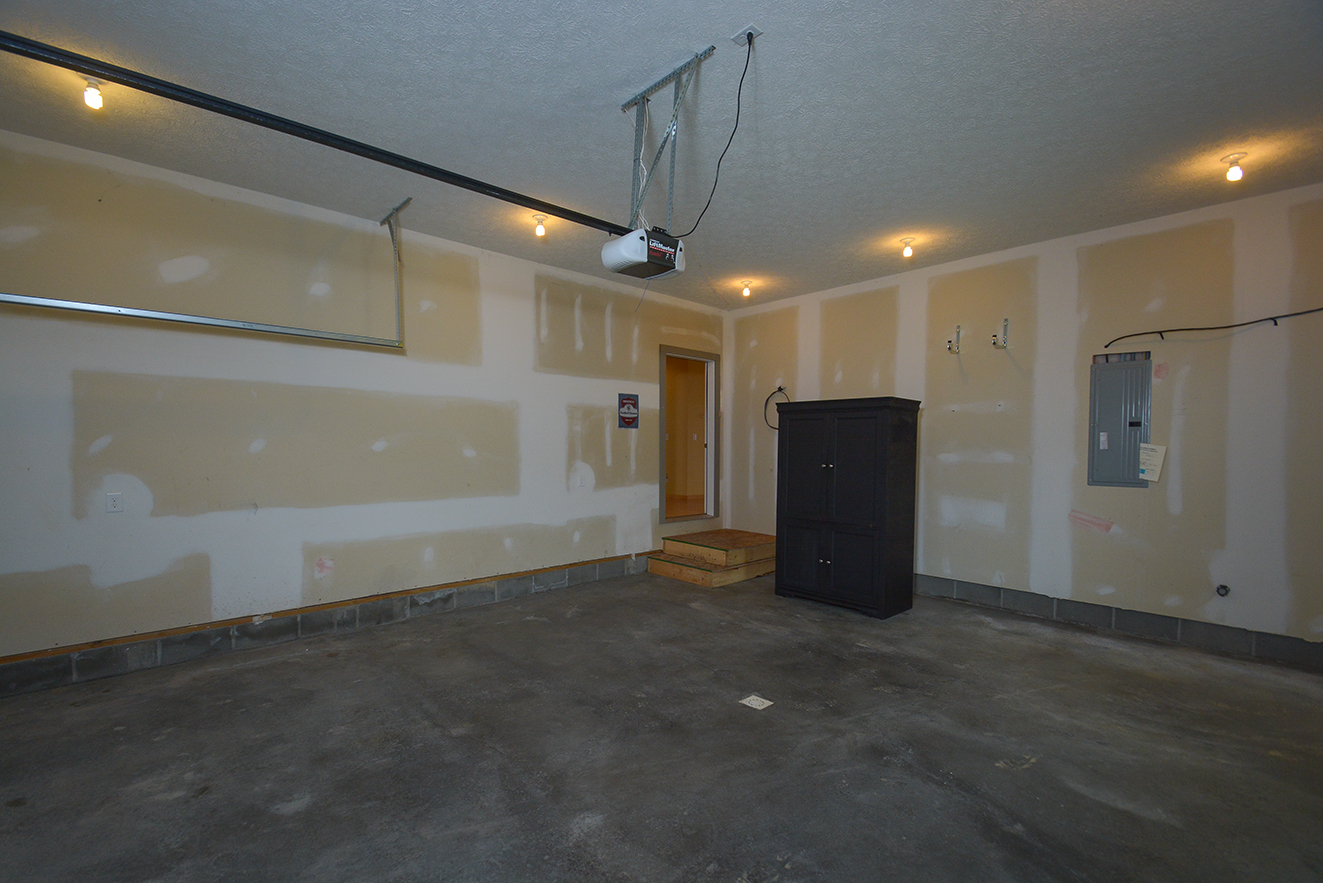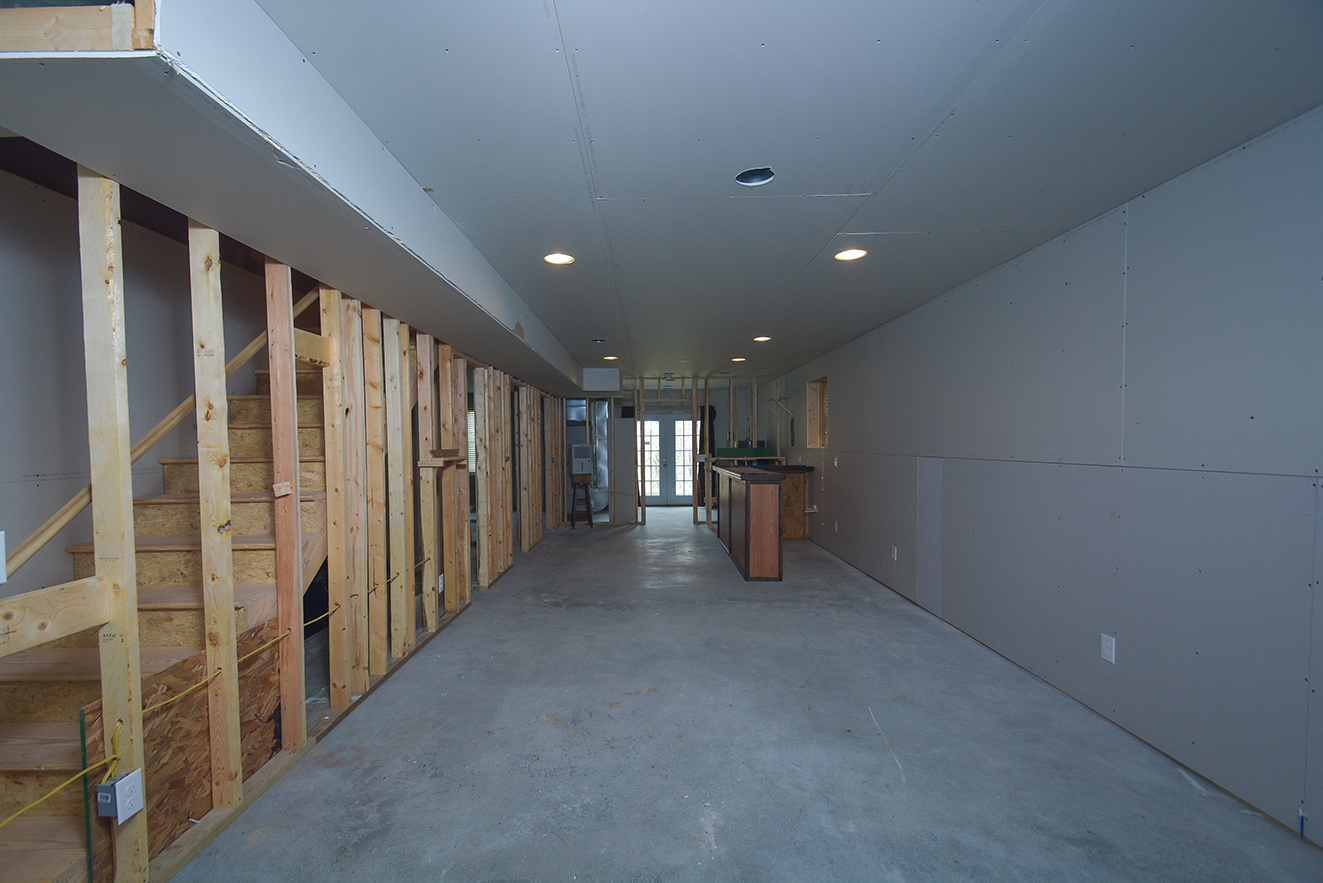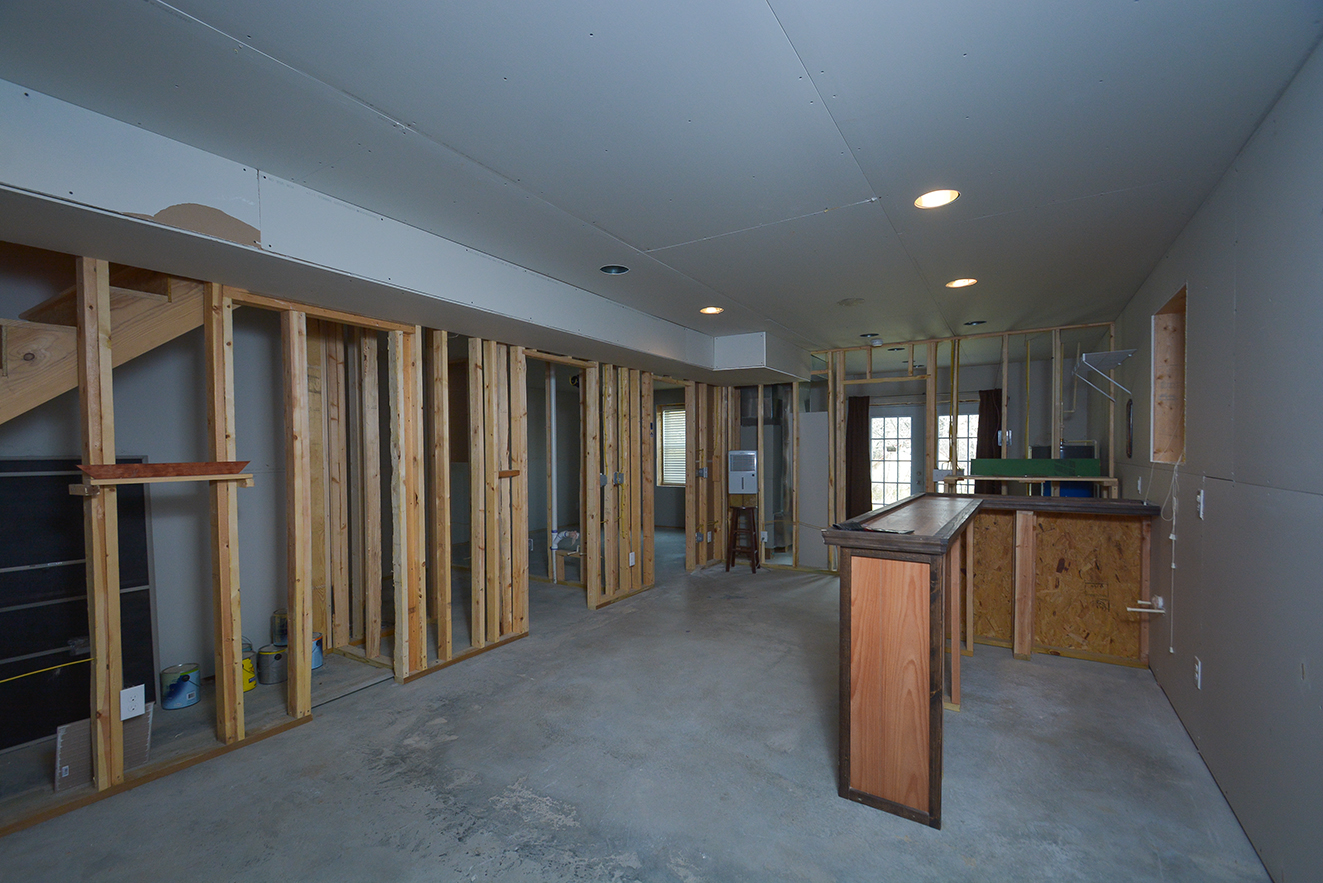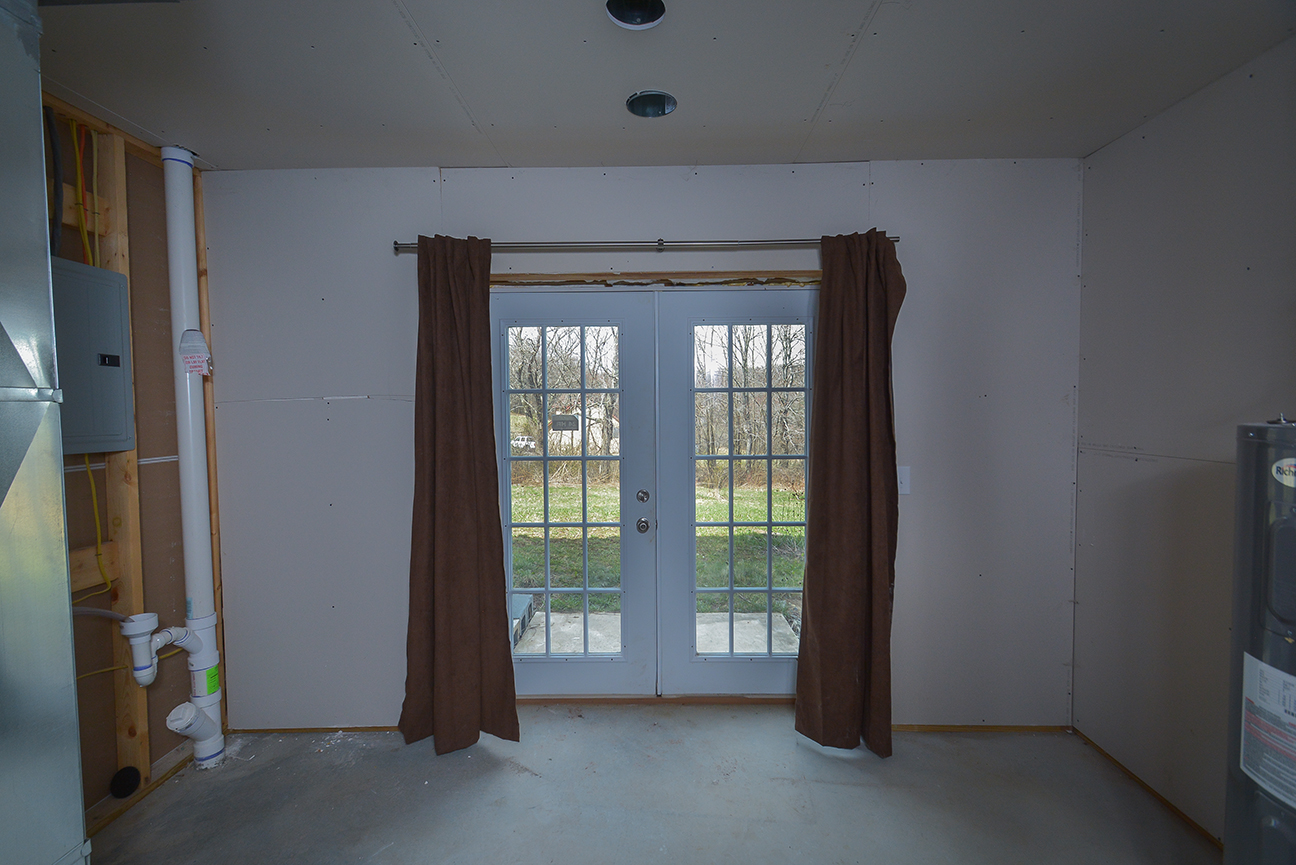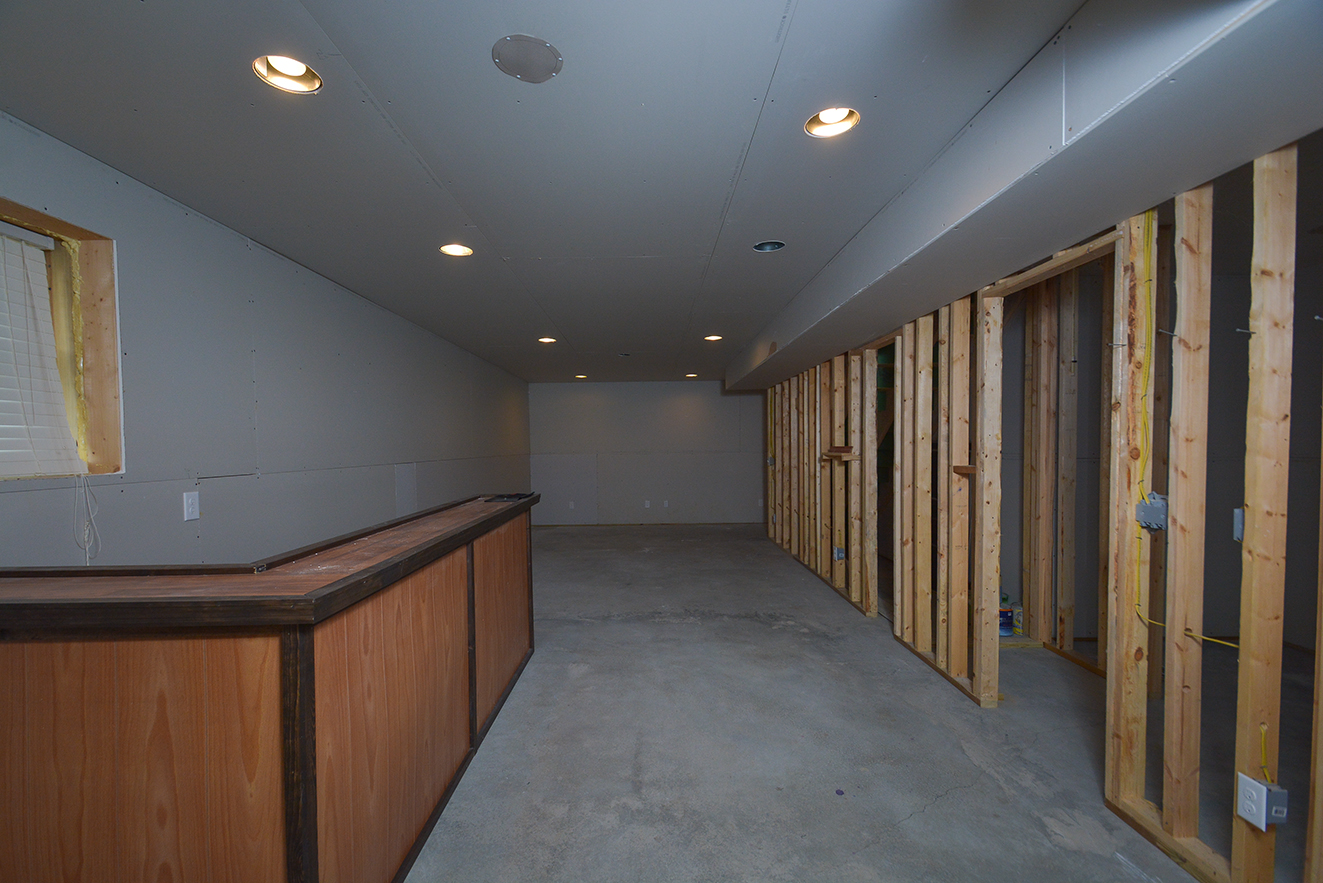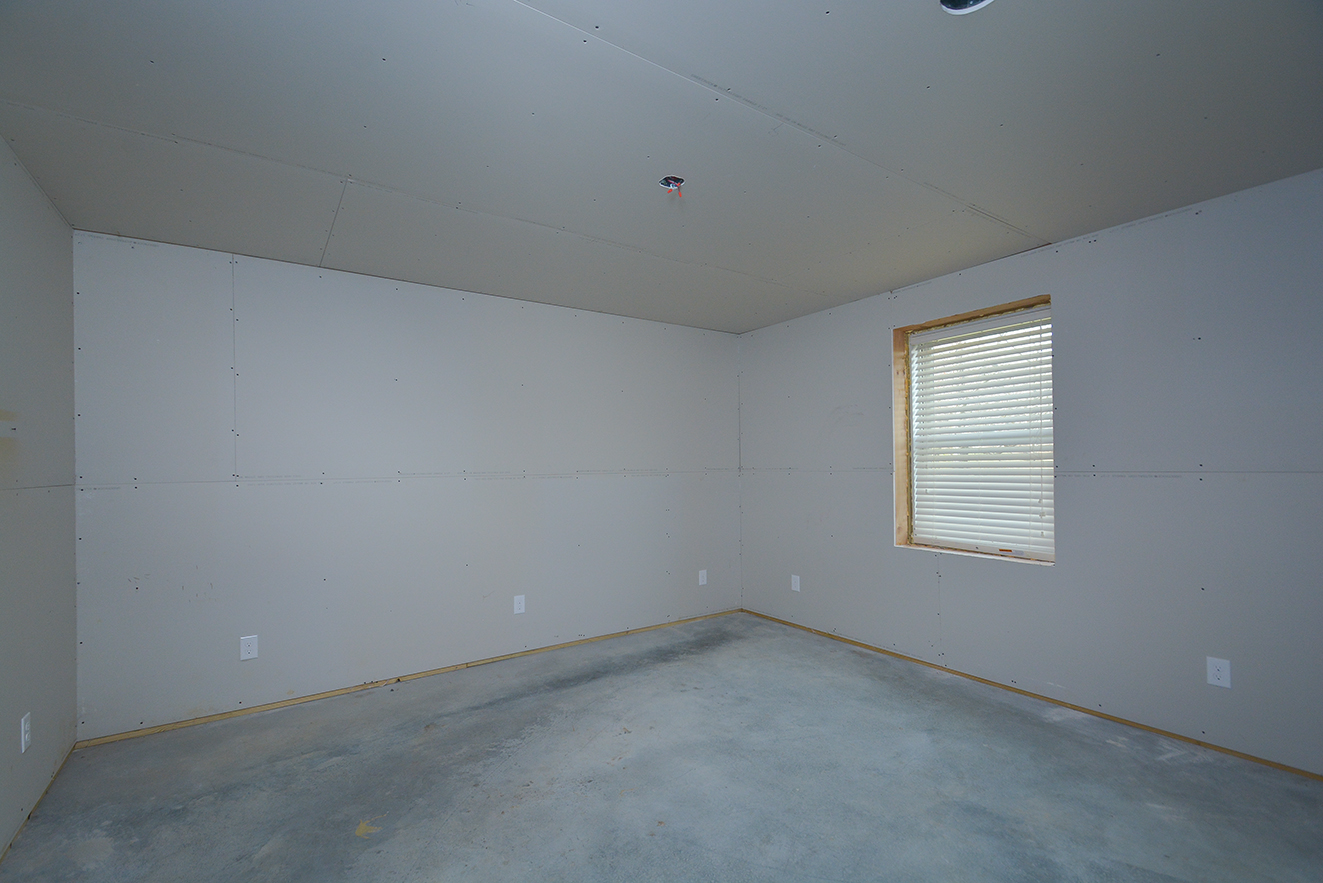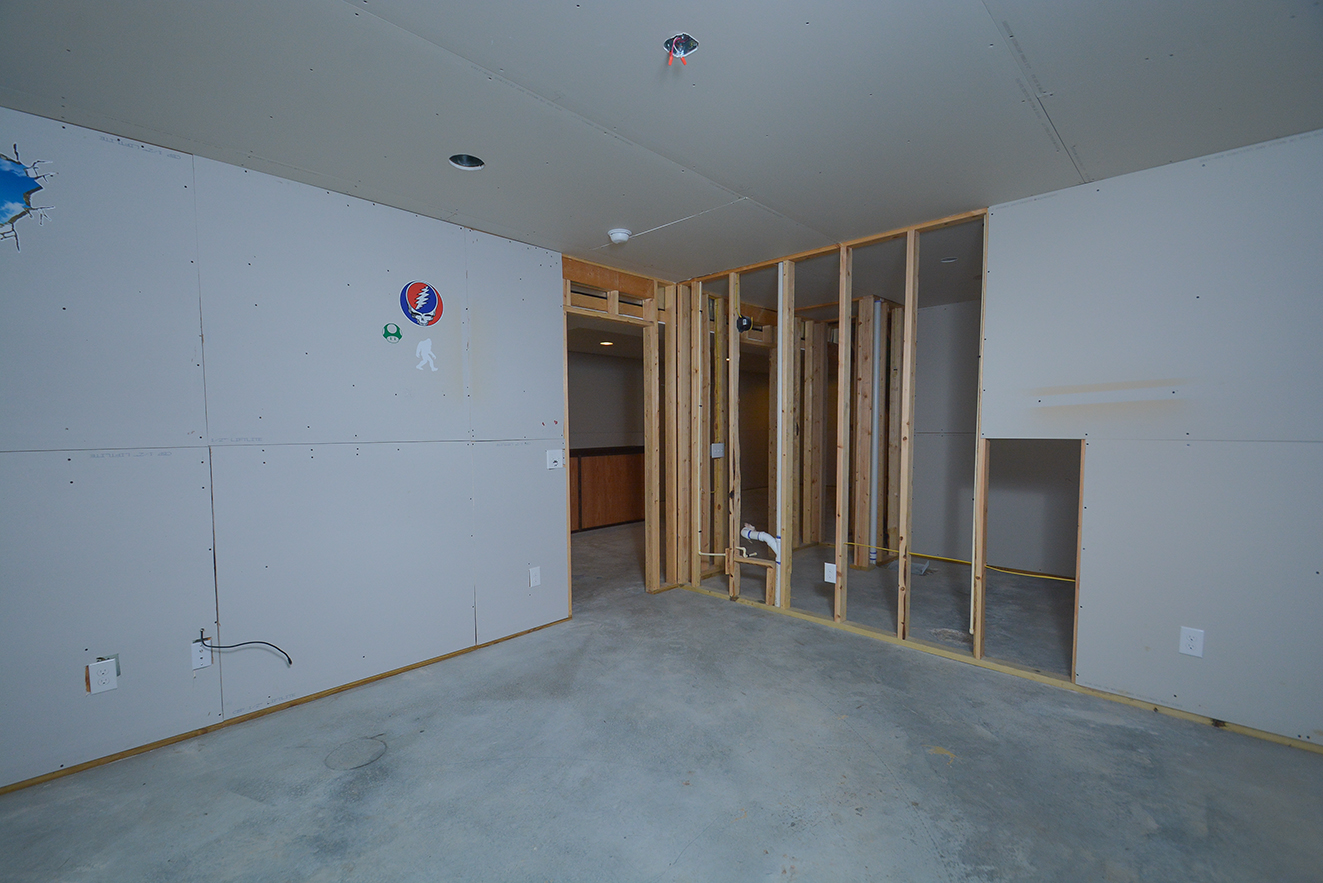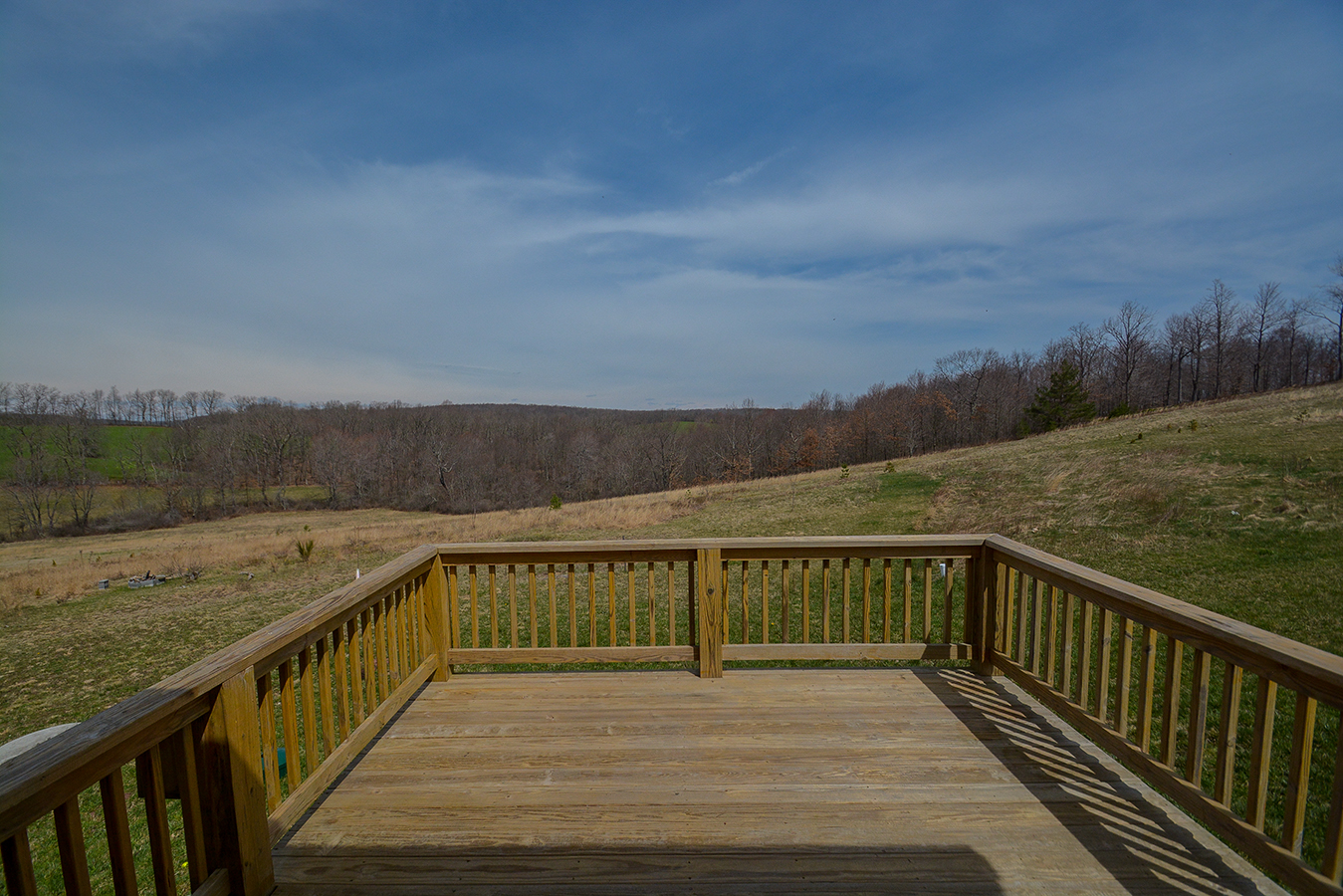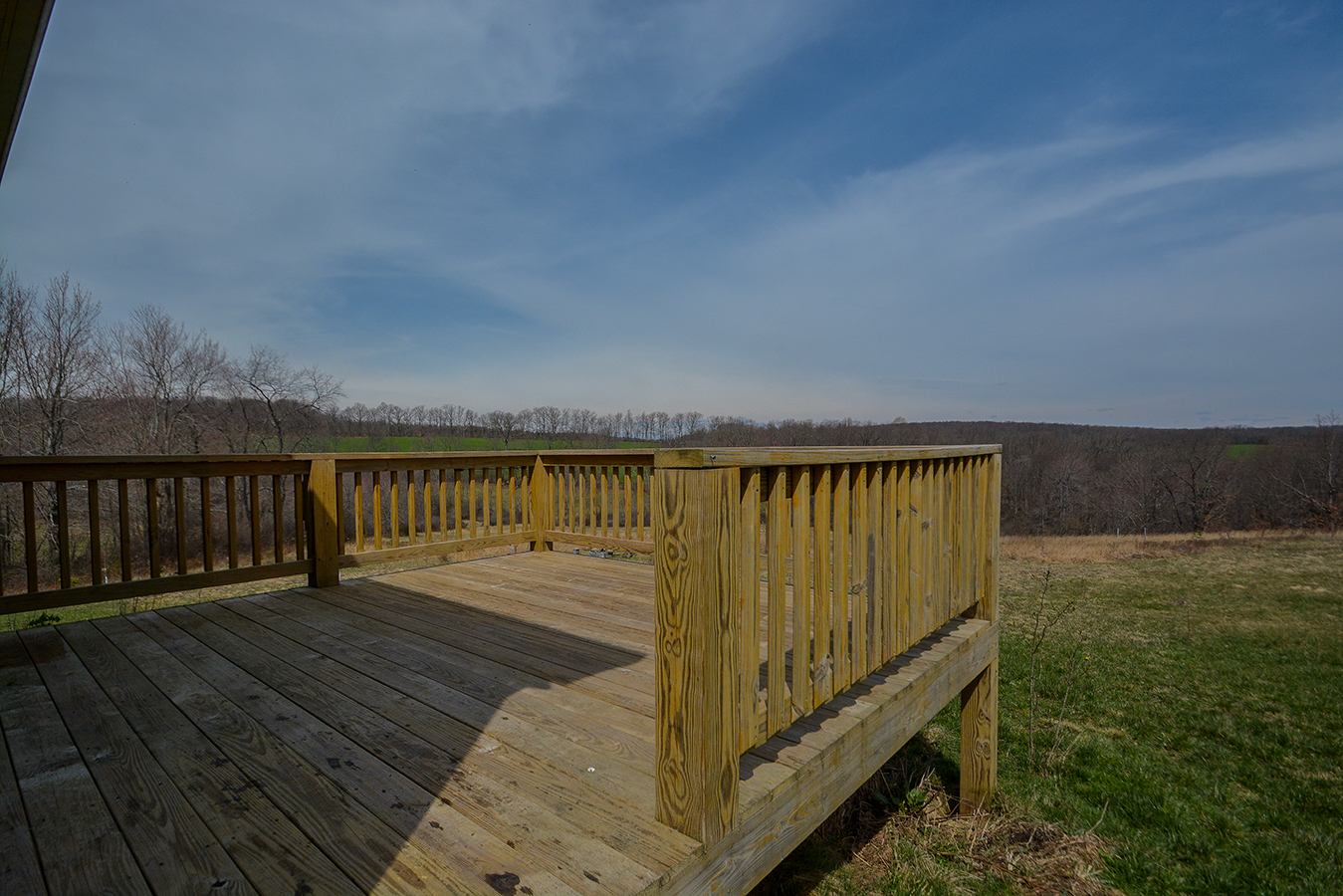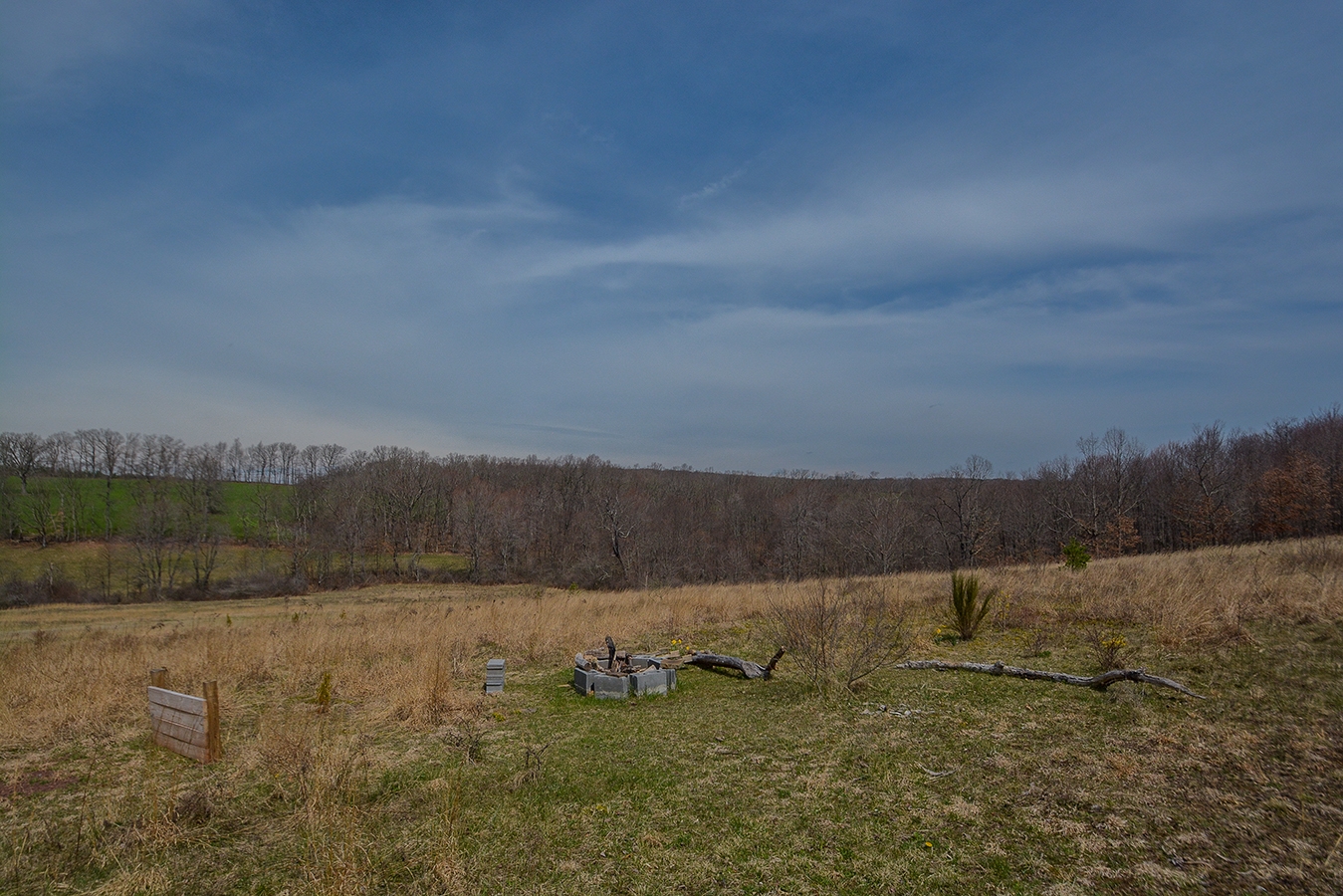Tag: deep creek lake

NEW LISTING- 565 Glendale Road #308
Check out my listing at Silver Tree Suites.
Take a closer look at this over-sized unit at Silver Tree Suites. You will feel the difference that this 722sf offers over smaller units – and so will your guests!
This in-demand unit rents more often than most because of the added size and attractive layout with loft bedroom.
Best priced unit compared to other similar floor-plans. Enjoy the lakefront amenities & added bonus of rental income!
For more info, click here.

NEW LISTING- 167 Tenderfoot Road
Check out my new listing!
Yellowstone log home on 4.31 wooded acres. 3BR/2BA on the main and upper levels, and 2 more BR + BA on the lower level are framed, dry-walled, just waiting for paint and flooring.
Construction is 90% finished and most materials needed to finish are stored in basement.
Property is priced $50k under assessment! Two impressive fireplaces and a peaceful front porch. 5BR rental projections ~$25k+/yr.
For more information, click here.

Taylor-Made Deep Creek Vacations & Sales Raises Money for Local Animal Charity
Taylor-Made Deep Creek Vacations & Sales is a leading vacation rental and real estate firm located in McHenry, MD. With a strong commitment to the local community, their team is involved in a wide variety of charitable activities through sponsorship, donations and volunteer work throughout the year.
In May of 2017, Taylor-Made owners and members of the Deep Creek Lake real estate team broke out their bartending skills to host a Guest Bartender Night at JG’s Pub to benefit HART for Animals, a local non-profit with a mission to improve the condition of animals in Western Maryland. Their adoption center has become a model for compassionate animal rescue.
Lots of members of the Taylor-Made Deep Creek staff were on hand as servers or to help with the silent auction and raffles. The company has partnered with Kate and Fred Collins, JG’s Pub owners, on this event for over ten years. They are always happy to roll up their sleeves for HART for Animals. The event was a huge success raising over $2,300.
Later that month, staff stepped-up to support the Adopt-A-Road program in Garrett County. Members of every department at Taylor-Made volunteered their time to pick up litter prior to the busy summer season on the four “adopted” roads.
“A strong commitment to community plays a key role in our company culture,” stated Jodi Taylor Refosco, Owner. “It strengthens our team and benefits the Deep Creek Lake area as a whole.”
Taylor-Made is family owned and operated by Jodi Taylor Refosco, her husband, Joe Refosco, and her brother Chad Taylor. Betsy Spiker Holcomb and Jay Ferguson are co-owners of the real estate company that was started in 2014.
With over 370 homes, Taylor-Made is the largest vacation rental management company at Deep Creek Lake. Their sister Deep Creek Lake real estate company has become the fastest growing brokerage in the area in recent years.
About Taylor-Made Deep Creek Vacations & Sales
Taylor-Made Deep Creek Vacations & Sales has become a frontrunner in Deep Creek Lake vacation rentals, real estate, and property services. Taylor-Made rental homes and sales listings are conveniently located within a few hour’s drive from Pittsburgh, Baltimore, and Washington, DC.

NEW LISTING- 98 Red Pine Road
Check out my listing on Red Pine Road!
One level living! Well-maintained home in McHenry with many improvements, including a paved driveway, a detached garage/shed with electric, and a spacious front deck. 3 large bedrooms and 2 full baths, and a ton of storage space in the attic.Central AC and a heat pump offer incredible comfort and efficiency. Furnishings negotiable. Original owner.Very private setting & DCL is about a mile away! |
|||
For more information, click here.
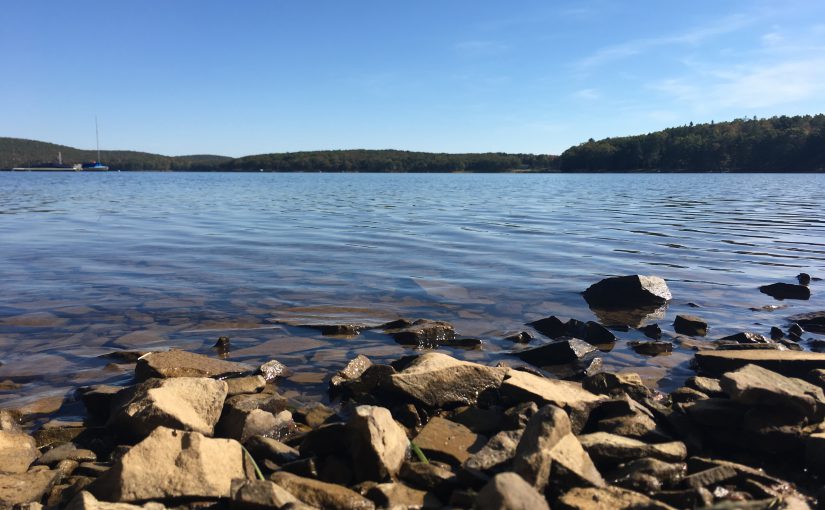
Garrett planners to let consultant lead zoning discussion
OAKLAND — The Garrett County Planning Commission has decided to let a consultant lead discussions about possible countywide zoning.
The commission is planning on hiring a consultant once there is money in the budget, Deborah Carpenter, director of the department of planning, said.
“As far as the board of county commissioners go at this point, I don’t think we have any interest in doing anything on countywide zoning. Not to say if something was brought to us we wouldn’t consider any action on it,” Jim Hinebaugh, commissioner and planning commission member, said during a planning commission meeting last month.
The first step in addressing countywide zoning would be to get public input followed by research and recommendations for a plan of action from the consultant, Carpenter said.
The commission is reviewing the comprehensive plan to see what sections may need public comment, more discussion or possible changes, said Carpenter. The planning commission began the review of the 2008 comprehensive plan last year.
“I think there may be more support than there was for countywide zoning 10 years ago or 20 years ago,” said Hinebaugh, who indicated that he didn’t have a position on zoning.
At least 30 percent of county citizens are already subjected to zoning because of living in the Deep Creek Watershed or in one of the municipalities, William DeVore, zoning administrator for the Deep Creek Watershed and member of the planning commission, said.
The Garrett County Board of Realtors supports performance-style zoning in the county, Paul Durham, planning commission member, said.
The commission also decided to give Karen Myers, who was representing Deep Creek Marina LLC, approval for a special exception and variance for an aerial (zip-line-type) adventure park to be located on Deep Creek Drive in McHenry.
For more information, click here.
NEW LISTING: 90 Temperance Way
Newer built 2BR, 2BA home on an over-sized lot at Overlook subdivision.Improved basement for potential extra bedroom and additional living spaces.Hardwood floors, gas fireplace, vaulted ceilings, attached garage & high-end finishes make this a place you won’t want to miss!Enjoy lake access & community trails and views of surrounding mountains & land. |
|||
For more information, click here.
←
1
2
3
4
5
6
7
8
9
10
11
12
13
14
15
16
17
18
19
20
21
22
23
24
25
26
27
28
29
30
31
32
33
34
35
36
37
38
39
40
41
42
...
43
44
45
46
47
48
49
50
51
52
53
54
55
56
57
58
59
→



